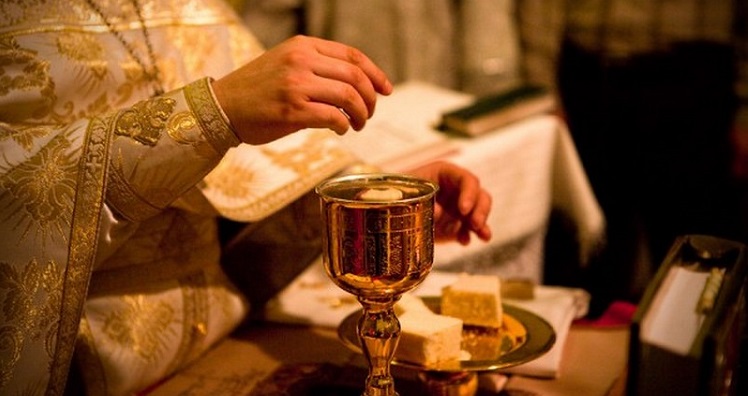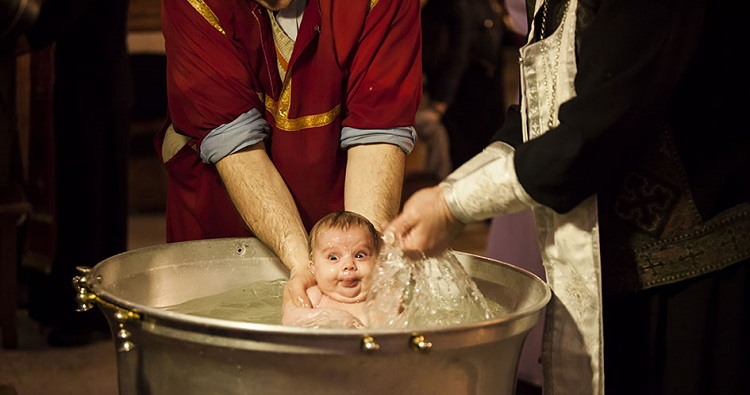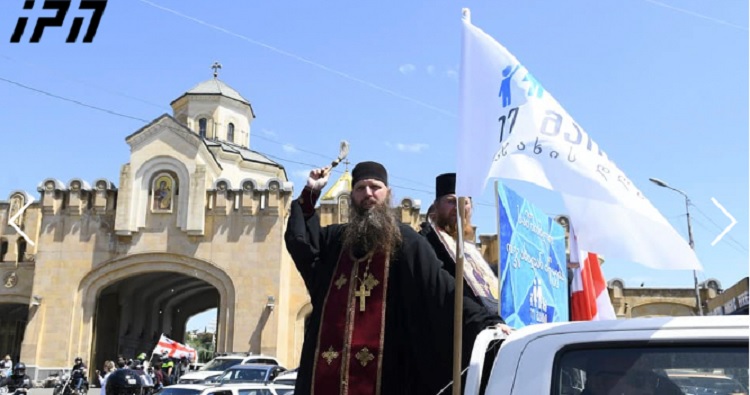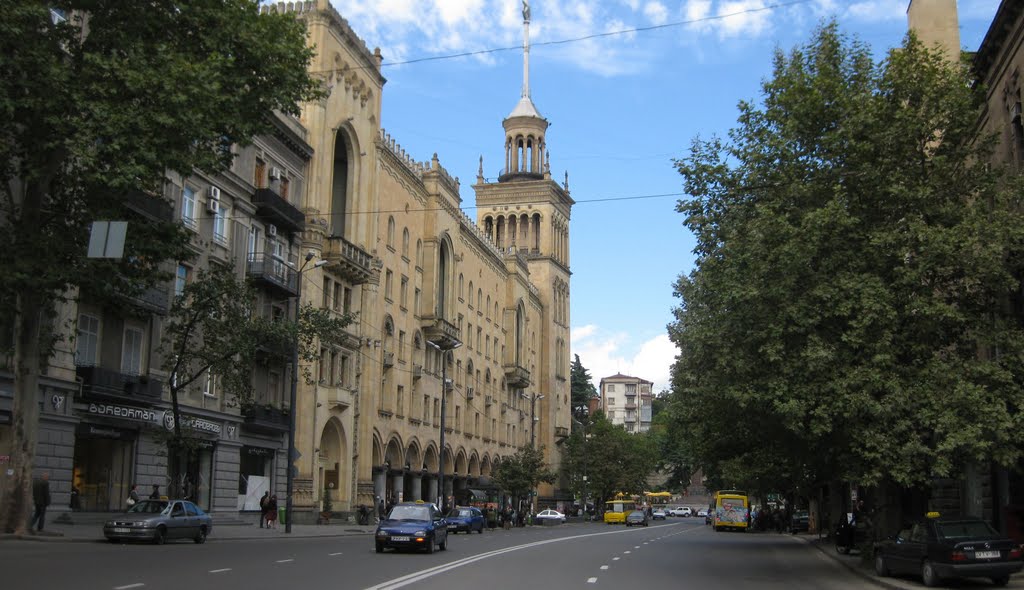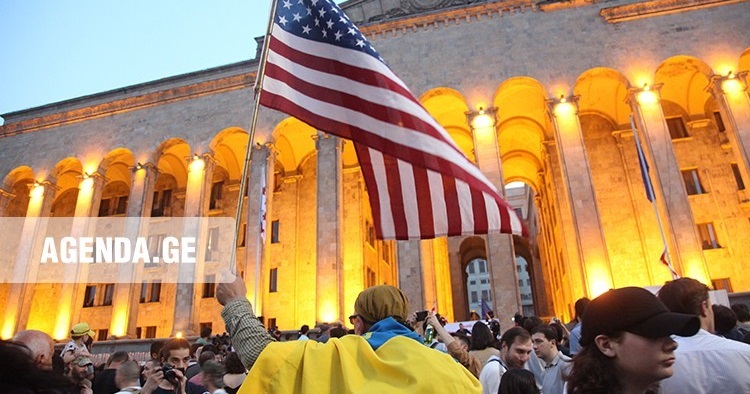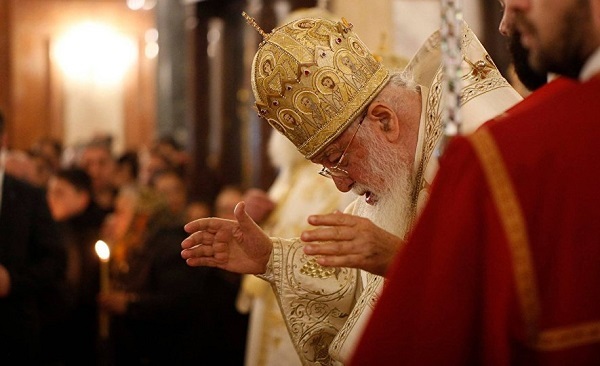US Department of State says Georgian laws, policies continue to grant Orthodox Church ‘unique privileges’
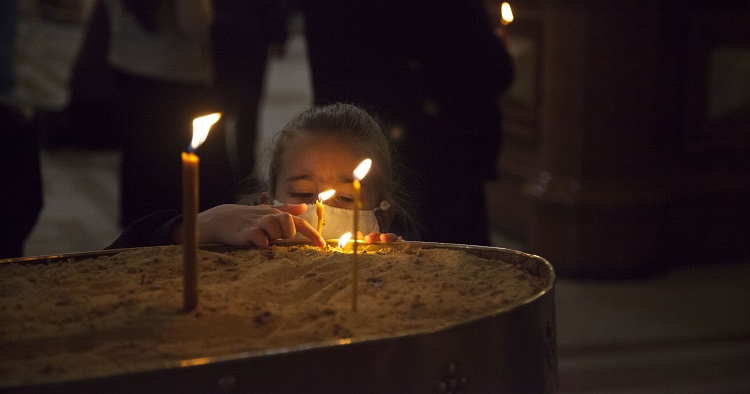
The US Department of State report says that the Georgian Orthodox Church is very privileged in the country. Photo: Nino Alavidze/Agenda.ge.
The 2019 Report on International Religious Freedom by the US Department of States says that Georgian laws and policies continue to grant the Georgian Orthodox Church (GOC) unique privileges.
The constitution recognises the ‘outstanding role’ of the GOC in the history of the country. It prohibits persecution based on religion. Laws and policies continue to grant the GOC unique privileges,” said the report.
The report state that the Armenian Apostolic Church (AAC) and some Muslim groups reported difficulties in obtaining government recognition of their ownership claims of religious properties.
NGOs cited concerns that bias in public schools favored GOC religious teachings,” said the report.
The report states that the Georgian parliament held hearings with civil society and religious groups about legislation to comply with a court order to amend the law granting the GOC exclusive tax and property privileges, but failed to take action.
 The Georgian Orthodox Church is one of the most trusted institutions in Georgia. Photo: Nino Alavidze/Agenda.ge.
The Georgian Orthodox Church is one of the most trusted institutions in Georgia. Photo: Nino Alavidze/Agenda.ge.
The report reads that on June 27, a court convicted and sentenced two men to 15 years in prison for the 2018 killing of a human rights activist who had Jewish and Yazidi roots, but ruled it was not a hate crime.
The report says that according to religious leaders, the de facto authorities in the Russian-occupied Georgian regions of Abkhazia and Tskhinvali continued to restrict or prohibit the activities of some religious groups.
The de facto South Ossetian authorities permitted GOC religious services but said they were illegal, and NGOs reported Russian guards impeded access of residents to some churches and cemeteries. De facto Abkhaz authorities prohibited GOC clergy from entering the occupied territory. De facto authorities in both occupied territories continued to ban Jehovah’s Witnesses,” said the report.
The report reads that the Georgian Interior Ministry investigated 44 cases involving crimes reported as religiously motivated, notably including 10 cases of unlawful interference with the performance of religious rites, 10 cases of persecution, and eight cases of damage or destruction of property.
 Tweet
Tweet  Share
Share
